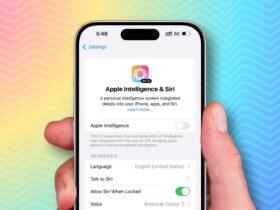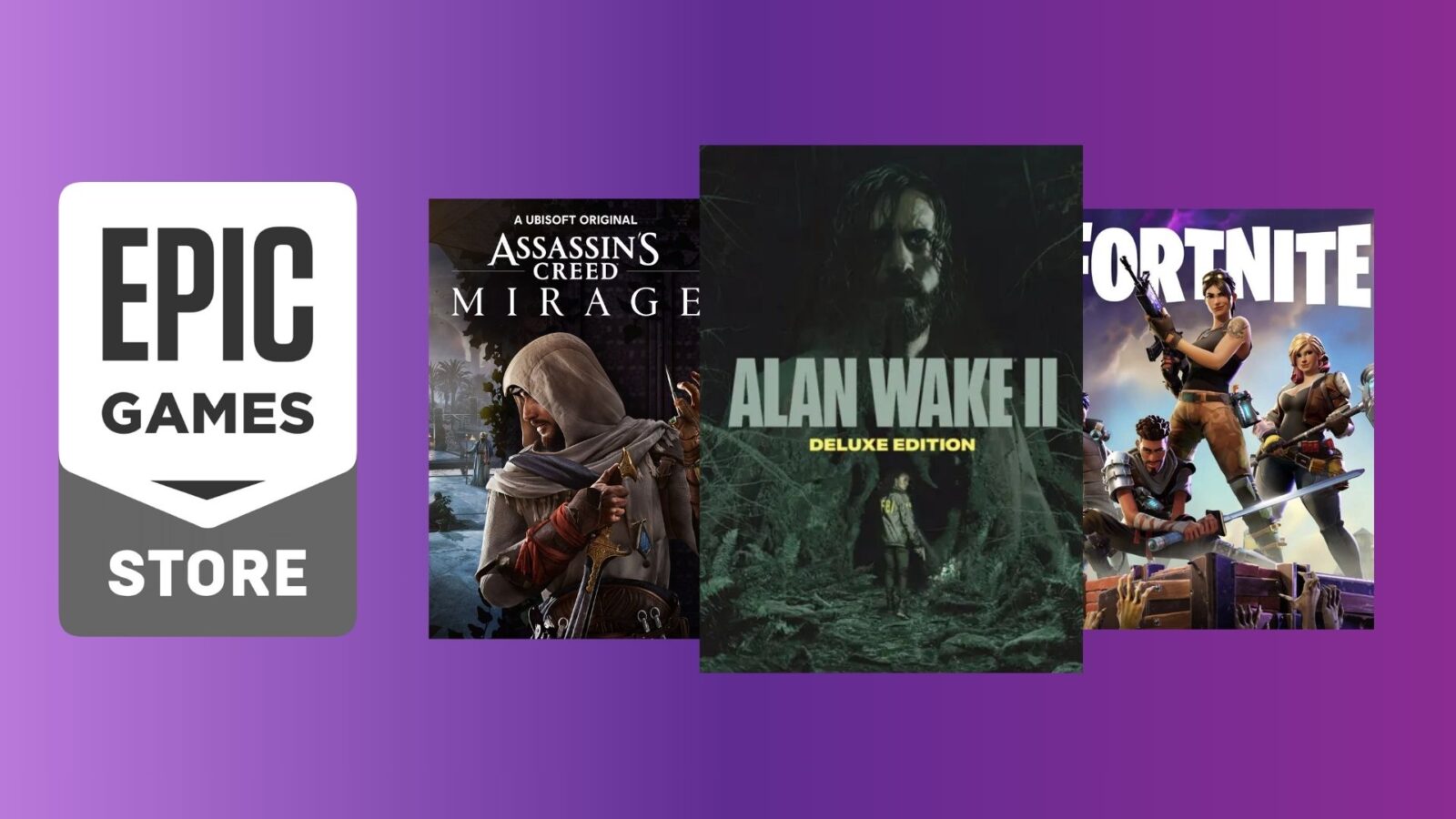Daftar Isi
In the ever-evolving landscape of digital game distribution, the revenue split between developers and platform holders has been a hotly debated topic. While the industry standard has long been a 70/30 split (with platforms taking 30% of the revenue), Epic Games decided to disrupt the status quo with its Epic Games Store. The company’s bold move? Offering developers an 88/12 Revenue Split – a game-changer that has left many wondering: Why the deviation from the norm?
The 88/12 Epic Games Revenue Split Breakdown: Why Epic Takes Only 12%
A Bold Move: Super-Competitive Deals for Developers
In a bold and strategic move that reverberated throughout the gaming industry, Tim Sweeney, the founder of Epic Games, recently unveiled a groundbreaking decision aimed at reshaping the landscape of game distribution platforms. The decision, articulated through a series of tweets by Sweeney, introduced a significant change in revenue sharing that promises to empower developers and drive innovation in the gaming community.
At the heart of this decision lies the reduction of the revenue cut taken by this platform from developers’ earnings to a mere 12%. Sweeney emphasized that this deliberate choice was made to offer super-competitive deals for partners, allowing developers to retain a substantial 88% of their game’s earnings. By significantly increasing the share of revenue that developers can retain, this platform seeks to provide a more equitable and lucrative platform for creators to showcase their talent and creativity.
Challenging the Status Quo
This move by Epic Games directly challenges the status quo established by industry giant Steam, which has long maintained a 30% revenue share from developers. By offering a more favorable revenue split, they aims to disrupt the dominance of Steam and provide developers with a compelling alternative that prioritizes their financial interests.
Furthermore, their decision underscores its commitment to fostering innovation within the gaming industry. By empowering developers with greater financial resources and flexibility, they hopes to catalyze the creation of groundbreaking games and experiences that push the boundaries of what is possible.
In essence, their decision to offer super-competitive deals for partners represents a significant paradigm shift in the gaming industry. As developers weigh their options and consider the implications of this bold move, one thing is certain: the gaming landscape is poised for a transformative evolution, driven by innovation and fueled by the empowerment of creators.
Read More: Xiaomi 13 Pro: A Review of the Best Big Android
Epic Games’ Strategic Maneuvers: Profitability, Exclusivity, and Developer Empowerment
In the competitive arena of digital distribution platforms, Epic Games has emerged as a disruptive force, reshaping the landscape with bold strategies aimed at maximizing profitability, securing exclusive content, and empowering developers.
Profitability and the Cost of Doing Business
A key aspect of their business model revolves around its decision to reduce the revenue cut taken from developers to a mere 12%. This move, as clarified by Tim Sweeney, the company’s founder, still allows them to operate profitably. Despite the slim margin, they manages to sustain its business by keeping costs in check, which include running its flagship game Fortnite, payment processing, and customer service. Sweeney’s pointed jab at Steam, highlighting the profitability of creating one’s own launcher versus surrendering a hefty 30% to a store, underscores Epic’s strategic approach to maximizing revenue while supporting developers. This approach is mirrored by other industry players like EA with Origin and Ubisoft with UPlay, signaling a broader trend towards self-publishing platforms.
The Power of Exclusivity
In addition to Epic Games revenue split, this platform has leveraged the power of exclusivity to attract developers and players alike. Through aggressive pursuit of exclusive game deals, Epic Games has secured highly anticipated titles such as Metro Exodus and Borderlands 3 for its platform. While some players may grumble about having to use yet another launcher, the financial implications are clear: developers gain access to additional revenue streams that can be used to enhance job security, invest in new content, and ultimately create better gaming experiences. This strategic approach not only strengthens Epic Games’ position in the market but also fosters a more vibrant and diverse ecosystem for developers and players alike.
In summary, Epic Games’ strategic maneuvers encompass a multi-faceted approach aimed at maximizing profitability, securing exclusive content, and empowering developers. By offering a competitive revenue split, pursuing exclusive game deals, and supporting developers with additional resources, Epic Games continues to shape the future of digital distribution platforms, driving innovation and growth in the gaming industry.
Conclusion: A New Paradigm for Developers
In conclusion, 88/12 Epic Games revenue split challenges the industry norm and empowers developers. As the store continues to grow, the 5% profit Epic currently enjoys could expand to 6-7%. So, the next time you launch a game from the Epic Games Store, remember that behind the scenes, a groundbreaking revenue model is at play – one that puts creators first and reshapes the gaming landscape.






























